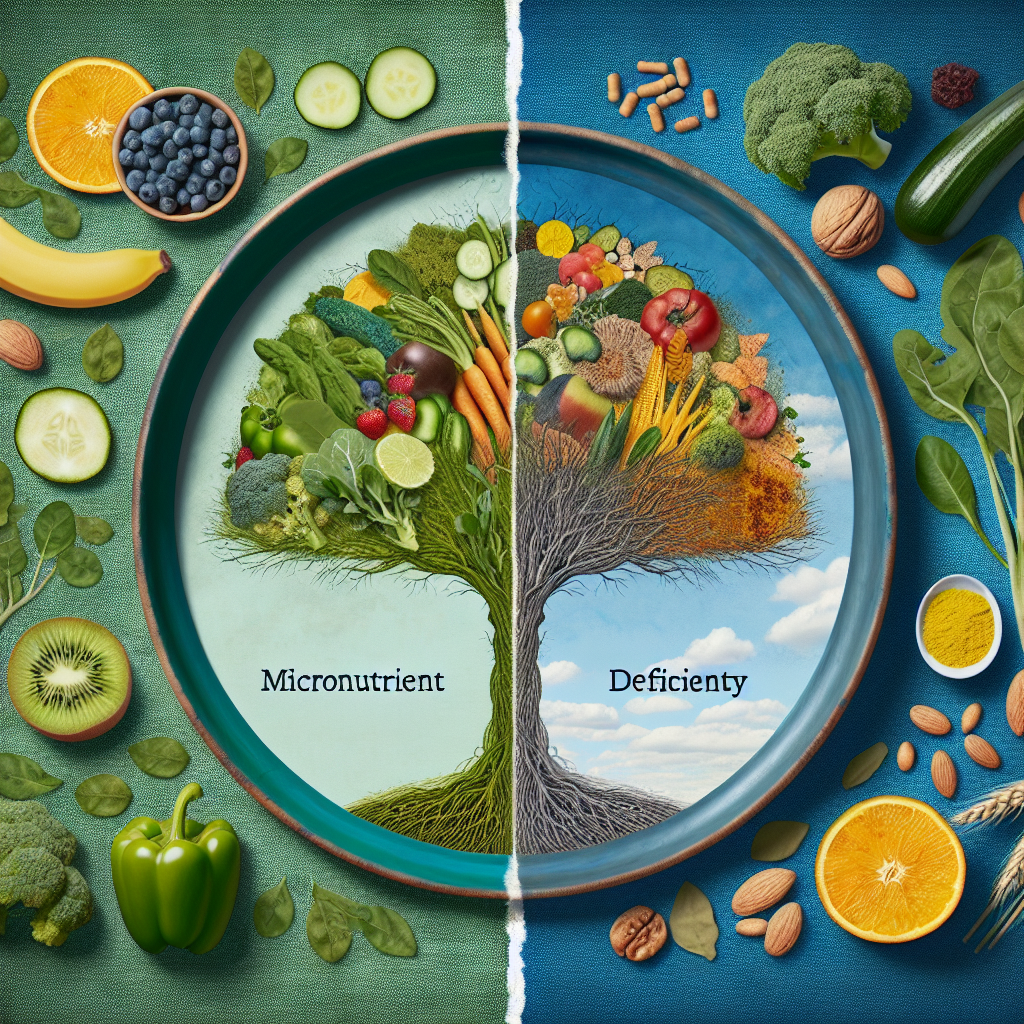Global Micronutrient Deficiencies Highlighted by Lancet Study
A recent study in The Lancet Global Health journal revealed that people in 185 countries, including India, are consuming inadequate levels of critical micronutrients such as iron, calcium, and folate. The findings suggest significant differences in nutrient intake between genders and age groups, calling for targeted dietary interventions.

- Country:
- India
A recent study published in The Lancet Global Health journal has revealed that people across all age groups in India, including both men and women, are consuming inadequate amounts of crucial micronutrients such as iron, calcium, and folate.
This groundbreaking study is the first to estimate the insufficient consumption of 15 micronutrients across 185 countries, based on diets without supplements. Conducted by an international team, including researchers from Harvard University, the study found that nearly 70 percent of the global population, or over five billion people, do not consume adequate levels of iodine, vitamin E, and calcium.
The research also indicated gender disparities in nutrient intake, with more women consuming insufficient iodine, vitamin B12, and iron, compared to men. Conversely, more men were found to consume inadequate amounts of magnesium, vitamin B6, zinc, and vitamin C. The findings underscore the need for public health interventions tailored to specific population groups and highlight potential overestimates in locations with high consumption of fortified foods and supplements.
(With inputs from agencies.)










